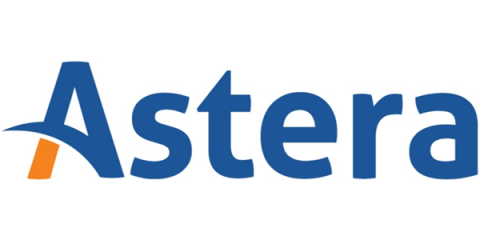Data Integrity vs. Data Quality: Here's How They Are Different
Data integrity refers to protecting data from anything that can harm or corrupt it, whereas data quality checks if the data is helpful for its intended purpose. Data quality is a subset of data integrity. One can have accurate, consistent, and error-free data, but it is only helpful once we have the supporting information for this data. Data integrity and quality are sometimes used interchangeably in data management, but they have different implications and distinct roles in enhancing data usability.











